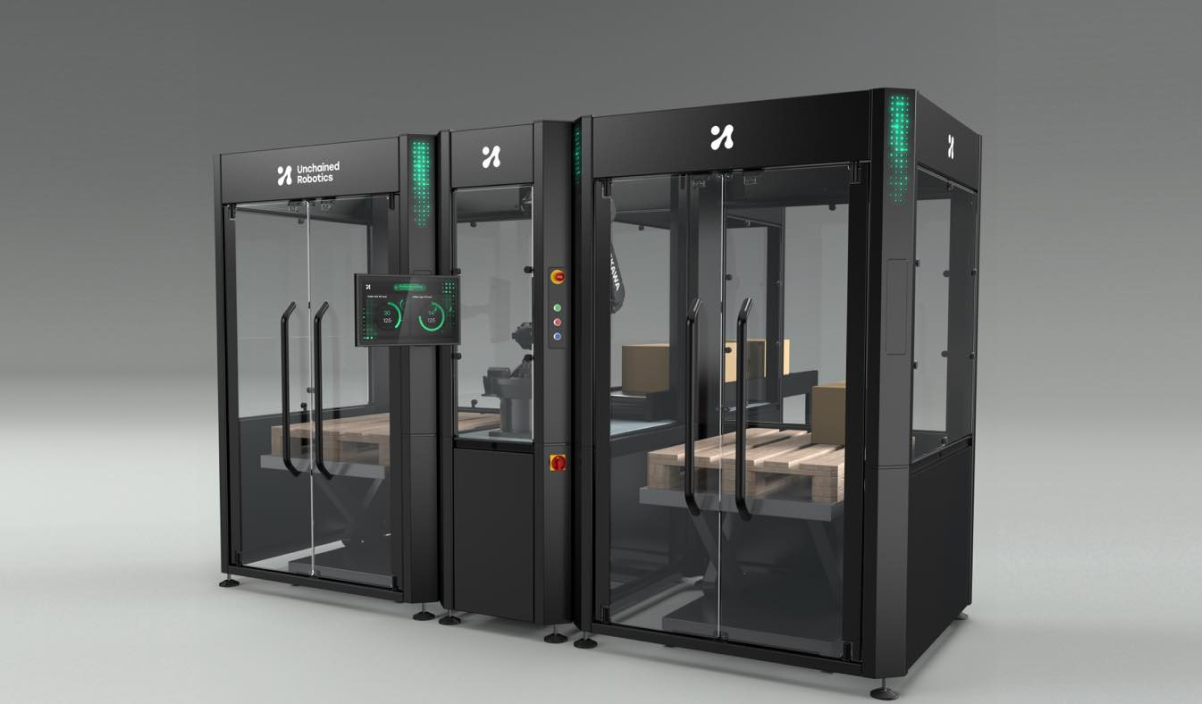UX Design for machines and technical systems
Making complex technology easy to use – with Overall User Experience
We design the user experience (UX) of your machines, devices and industrial applications in a way that even complex systems become intuitive and easy to operate. To do this, we research the tasks, processes and routines of the people who work with and on these systems – whether as operators, maintenance staff or production planners. We dive deep into their day-to-day work, observe, ask questions and analyse. It's not just about the technology – it's also about the human side behind it. We take the users’ perspective, identify stress points and friction, and design experiences that provide relief, clarity and satisfaction.
What defines good user experience in industrial environments
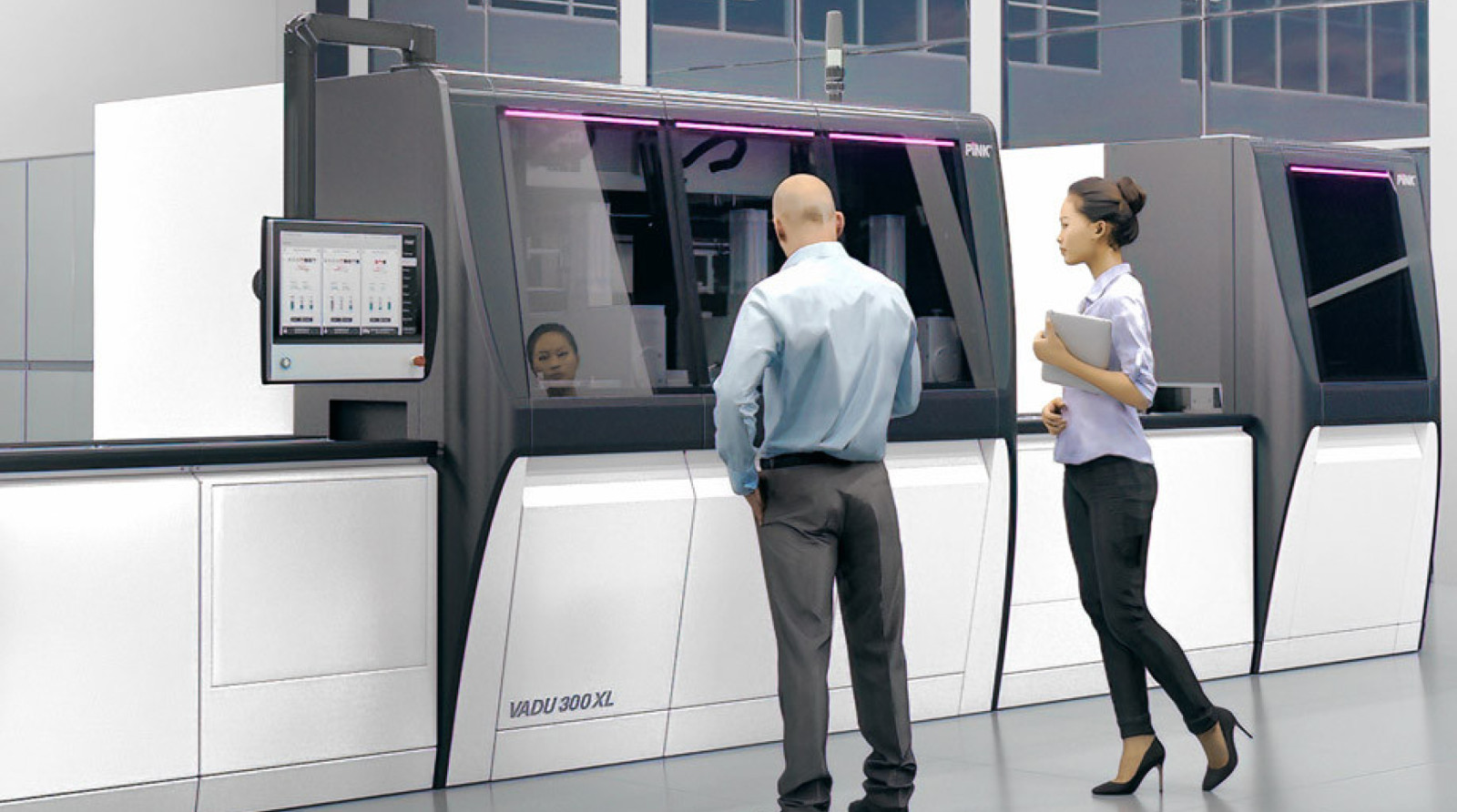
Seamless Overall User Experience for machines and systems
UX design in mechanical engineering, plant construction and industrial applications is more than just aesthetics. It’s about deeply understanding the daily work of people dealing with complex technical systems – under time pressure, with responsibility, and often in demanding environments.
- We analyse the tasks, routines and needs of your target groups – from machine operation and maintenance to commissioning – and use this insight to design clear, comprehensible user interfaces that offer real support.
- We design interactions at both the hardware and software levels – combining our two core disciplines: User Interface Design and Industrial Design.
- Thanks to proven UX methods, we create not only a holistic but also a productive and pleasant user experience for your product. This ultimately increases user satisfaction and long-term customer loyalty.
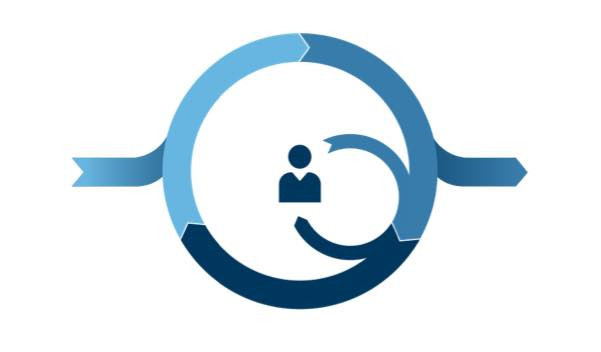
Human-Centred Design according to ISO 9241-210
We follow the Human-Centred Design process, based on the international standard ISO 9241-210 for the user-focused design of interactive systems. This well-established process ensures quality, user orientation and efficiency – from the initial idea through to the finished user interface. Iterations and feedback loops play a key role here:
- This process helps us to “get it right” from the start.
- An effective design process streamlines your product development.
- Involving users early on reduces the risk of project failure by identifying and addressing potential issues early.
- It increases market relevance by aligning products more closely with the actual needs and requirements of the target audience.
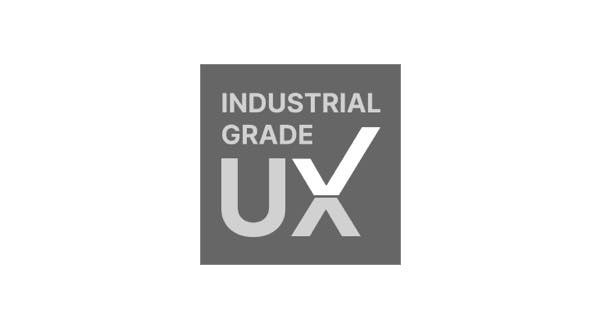
UX design for industrial applications – based on 1000+ projects
We bring the expertise of over 30 years and more than a thousand industrial UX projects directly into our work:
- Our experience enables us to quickly identify what matters most and accelerate your project.
- We are technologically up to date, broadly positioned, and highly skilled in the use of standard tools for HMI implementation.
- We understand your specific target groups and challenges – such as typical user roles, time pressure, the risk of costly errors, harsh environments, slower hardware, safety requirements and untrained personnel.
- We design more attractive and more productive workplaces in industry.
Why User Experience Engineering Makes Your Products More Successful
A well-thought-out UX design for machines and industrial applications pays off in multiple ways: it leads to more satisfied users, increases operational efficiency, and gives your brand a clear competitive edge. Because good UX design is far more than just visual styling – it’s a structured, user-centred process that makes technical systems more successful.
UX Design: More Than Just Looks and Usability
User Experience Engineering covers all phases of product development – from context of use analysis to continuous improvement after launch. It combines usability, ergonomics, user research, interface design, business objectives and technical requirements into a coherent overall solution. The result: HMI solutions that are intuitive to use and provide real added value – for both users and those responsible for the product.
Your Benefits at a Glance:
- Fewer operating errors thanks to clear navigation and understandable workflows
- Reduced training effort due to intuitive interfaces
- Faster onboarding of new staff through well-designed user flows
- Increased productivity thanks to structured workflows
- Stronger customer loyalty through positive user experiences in day-to-day operations
- Enhanced brand image through a modern and professional interface design
UX Reduces Risks and Increases Efficiency in Product Development
Two-thirds of all software projects fail due to a lack of user focus or unclear requirements. A Human-Centred Design process according to ISO 9241-210 helps to avoid these risks:
- UX design ensures the right features are developed at the right time
- Development time is used more efficiently – reducing costly rework later on
- Early integration of user feedback prevents expensive design mistakes
Our UX Services for Industry
We combine over 30 years of experience in mechanical and plant engineering with modern UX methods and the Human-Centred Design process according to ISO 9241-210.
UX Research
We analyse the usage context of industrial machines and systems through interviews, observations and on-site analysis. This provides a solid foundation for user-centred HMIs and a better understanding of your target groups.
UX Strategy
We develop strategic UX concepts for industrial applications – including clearly defined personas, user journeys and measurable UX goals. This provides guidance in product development and supports long-term usability.
UX Academy – Industrial Grade
In our UX Academy, we share hands-on knowledge of usability and UX design in industrial environments. Our training programmes empower your teams to apply user-centred product development independently.
Industrial Design & UI Design Integration
We combine industrial design and user interface design into a holistic product experience. Through the close integration of hardware and software, we create consistent and efficient operating solutions for machines and devices.
Request advice or discuss your project
Tom Cadera
- Management
- UX & Usability Engineering
- User Interface Design
- Industrial Design
cadera bei caderadesign punkt de
UX in practice - our references at a glance
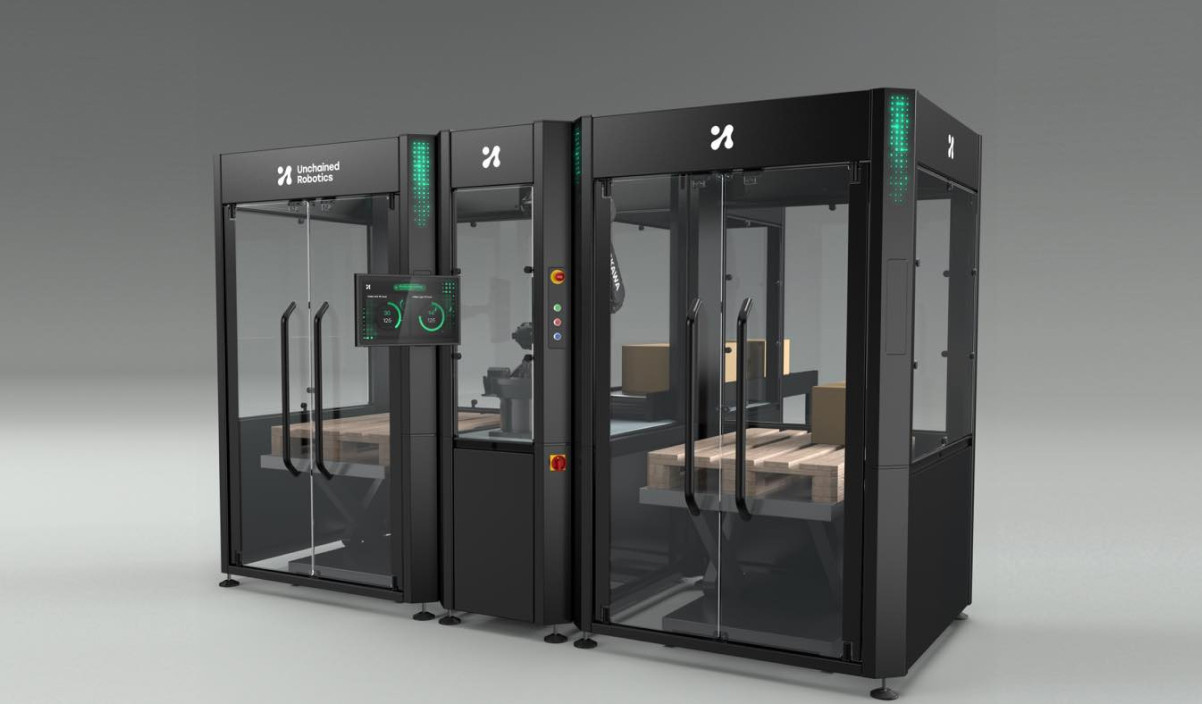
Unchained Robotics
UX/UI Design & Industrial Design
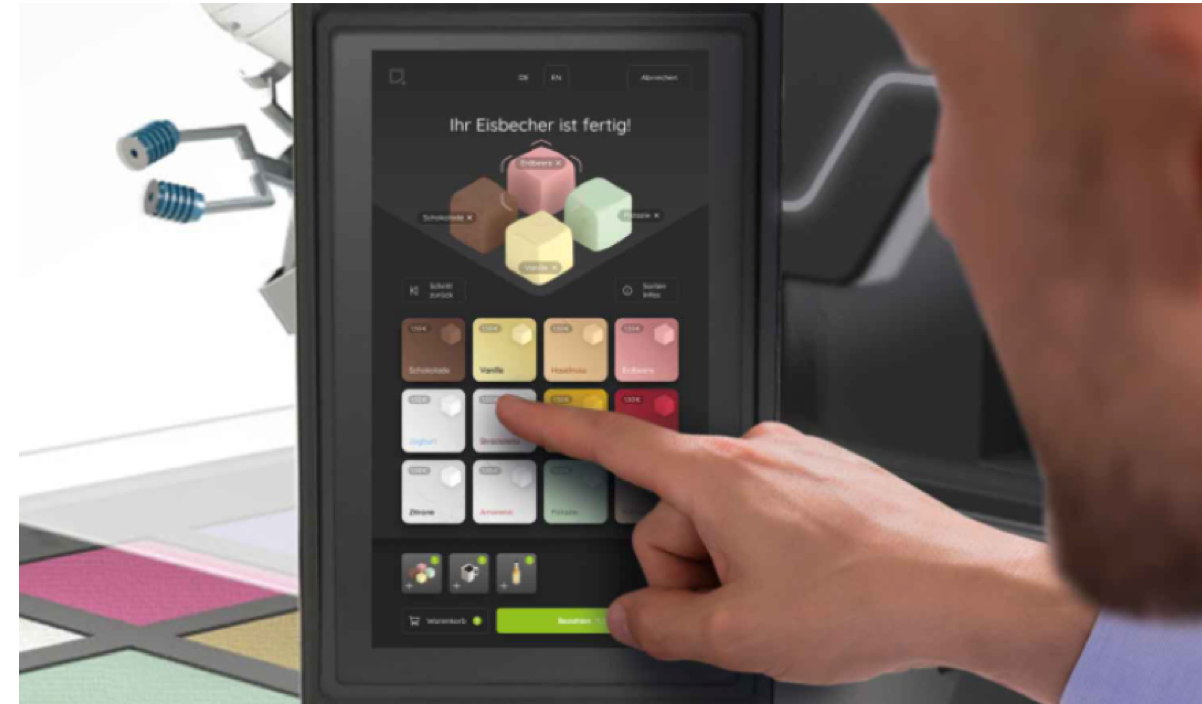
Qube Munich
UX/UI Design & Industrial Design
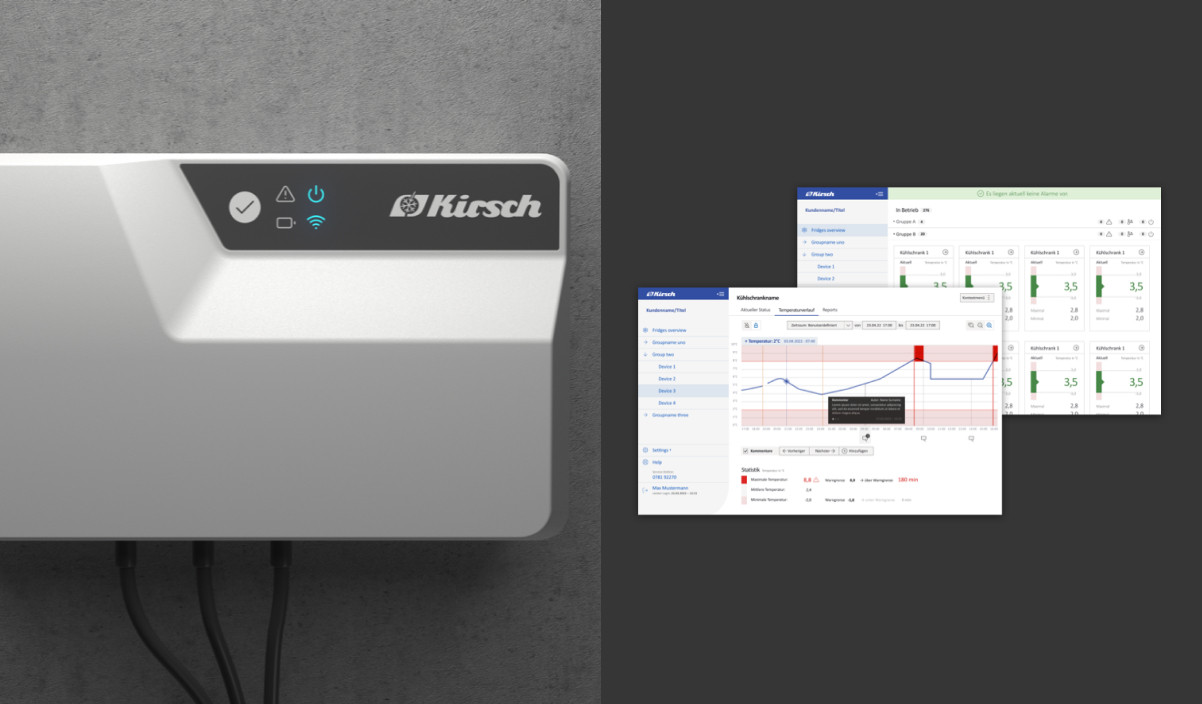
Kirsch Evolution Cloud
UX/UI Design & Industrial Design
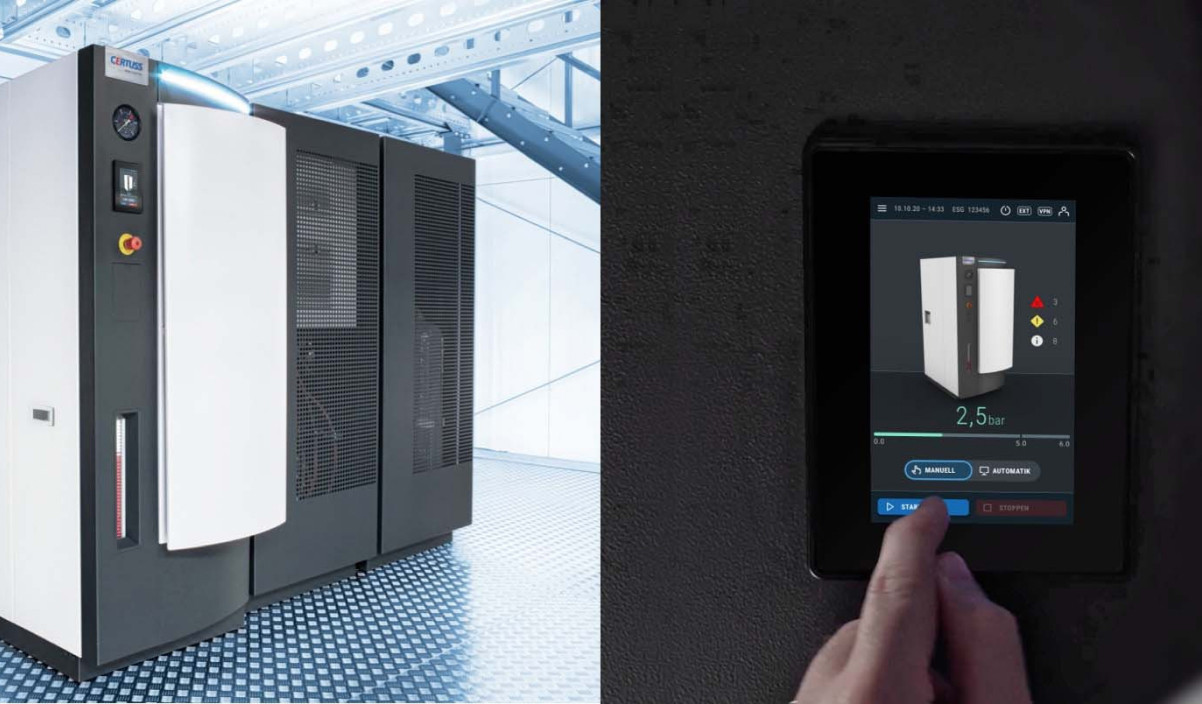
Certuss MX
UX/UI Design & Industrial Design
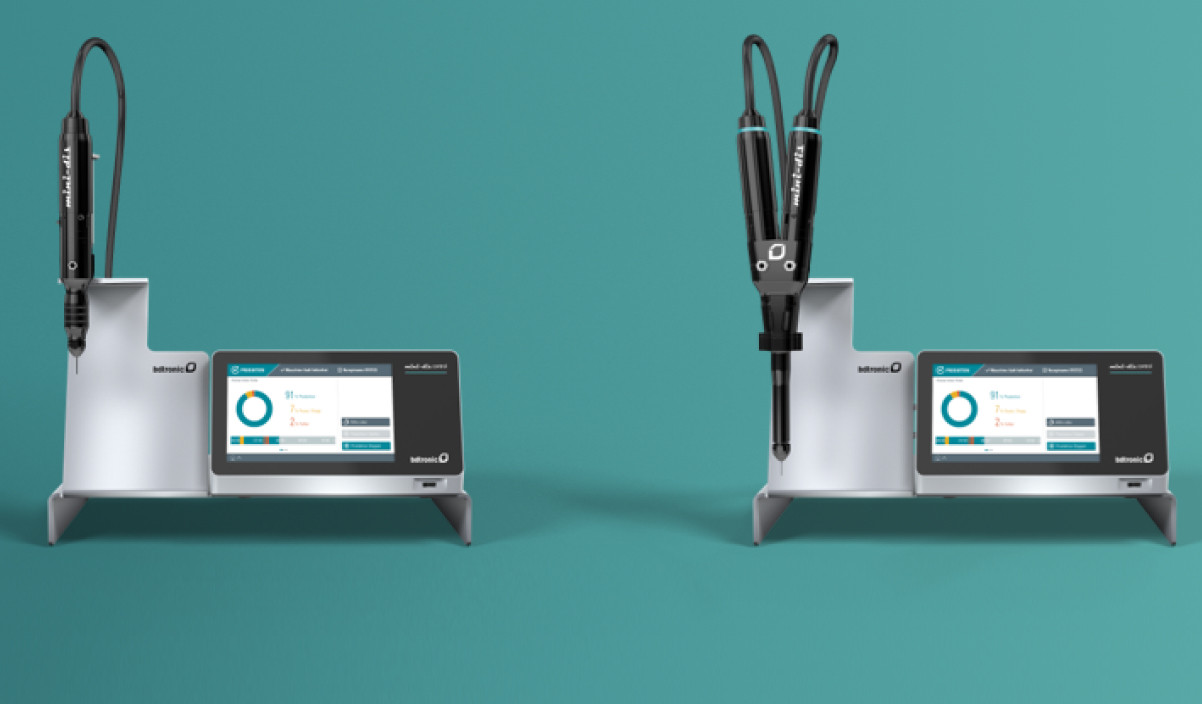
bdtronic mini-dis
UX/UI Design & Industrial Design
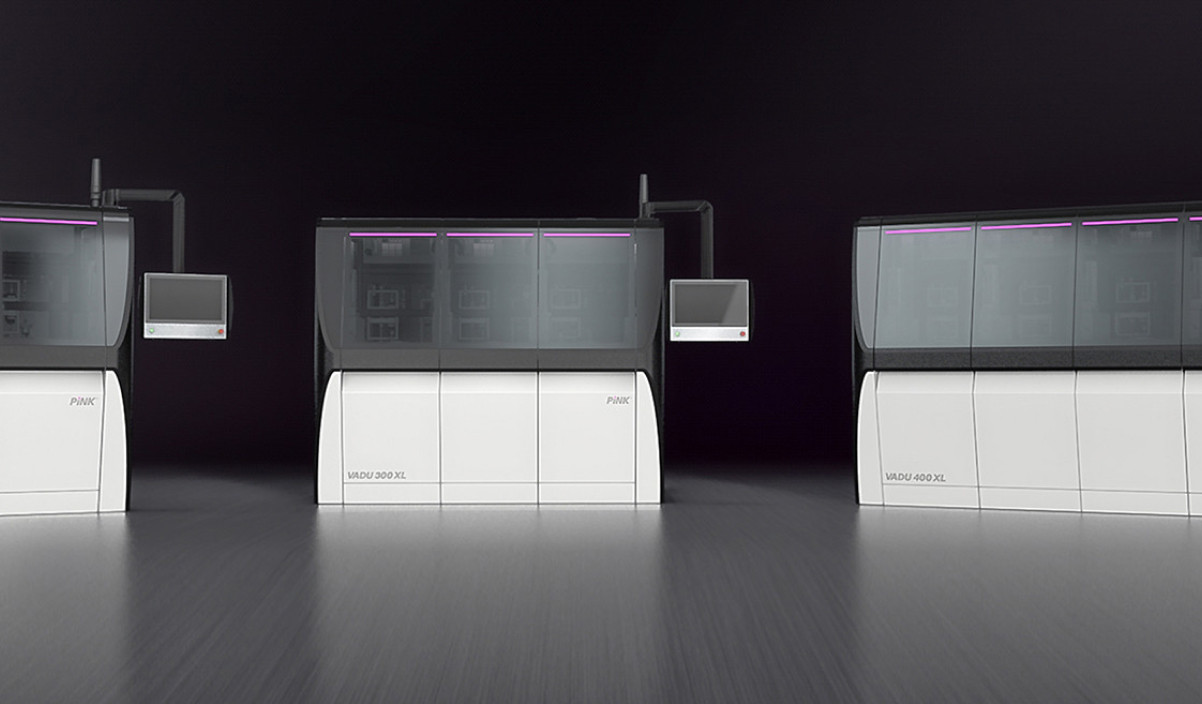
Pink Vakuum-Soldering
UX/UI Design & Industrial Design
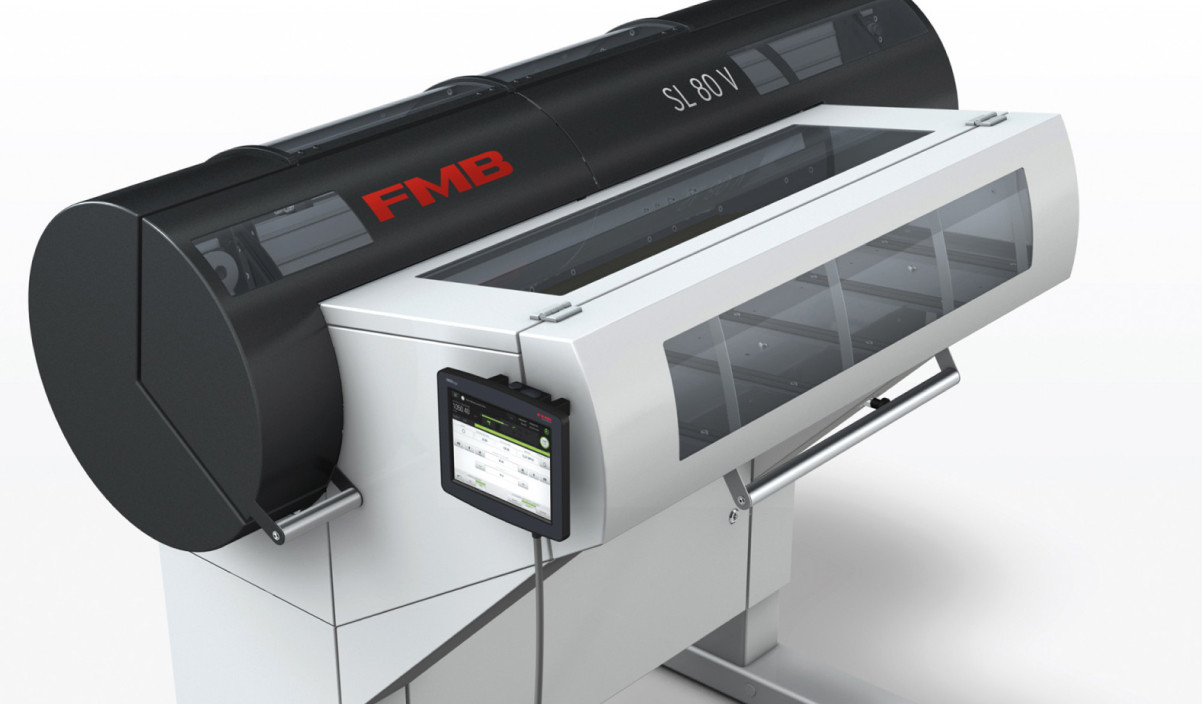
FMB Shortloader
UX/UI Design & Industrial Design
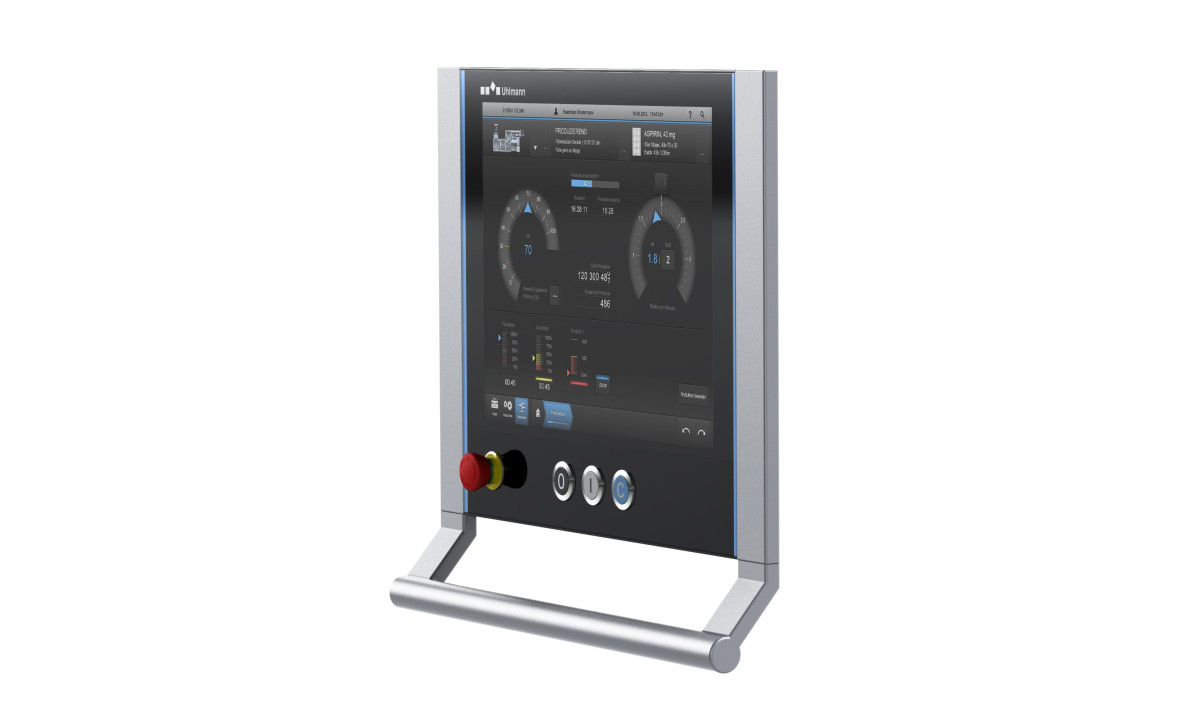
Uhlmann SmartControl
UX/UI Design & Industrial Design
Glossary: Key Terms in Industrial UX
UX Design for Industry
UX design in industrial settings refers to user-centred design for machine controls, plant operation systems and digital interfaces in technical systems. The goal is to make complex industrial processes as intuitive, efficient and safe as possible for operators – whether on HMI panels, mobile devices or industrial PCs. UX design in industry connects people, machines and software into one seamless user experience.
User Research
User research is the systematic analysis of actual usage scenarios – through interviews, context analysis, user observation or shadowing directly in the industrial environment. Tasks, routines, problems and user mindsets are identified in detail. These insights provide the foundation for functional, user-centred UX decisions in mechanical engineering, automation and technical applications.
Usability Engineering
Usability engineering is a subfield of human–machine interaction and focuses on systematically improving the operability of technical systems. In industrial settings, this means that user interfaces must be efficient, error-tolerant and safe – even under time pressure, complex processes or when operated by untrained staff. Usability engineering is a crucial part of user interface design for industrial products.
Human-Centred Design (HCD)
Human-Centred Design (according to ISO 9241-210) puts the real needs, goals and constraints of users at the heart of the development process. Using iterative methods, early user feedback and real-world testing, it enables solutions that work in practice – even under demanding industrial conditions. HCD reduces the risk of misuse, increases user acceptance and helps lower costs in the long term.
UX Strategy
UX strategy provides the foundation for delivering a consistent user experience across all touchpoints. In industrial contexts, this means the strategy takes into account the needs of different user roles (e.g. operators, maintenance staff, planners), supports business goals and ensures long-term design quality – for example by introducing guidelines, design systems and UX processes into product development.
